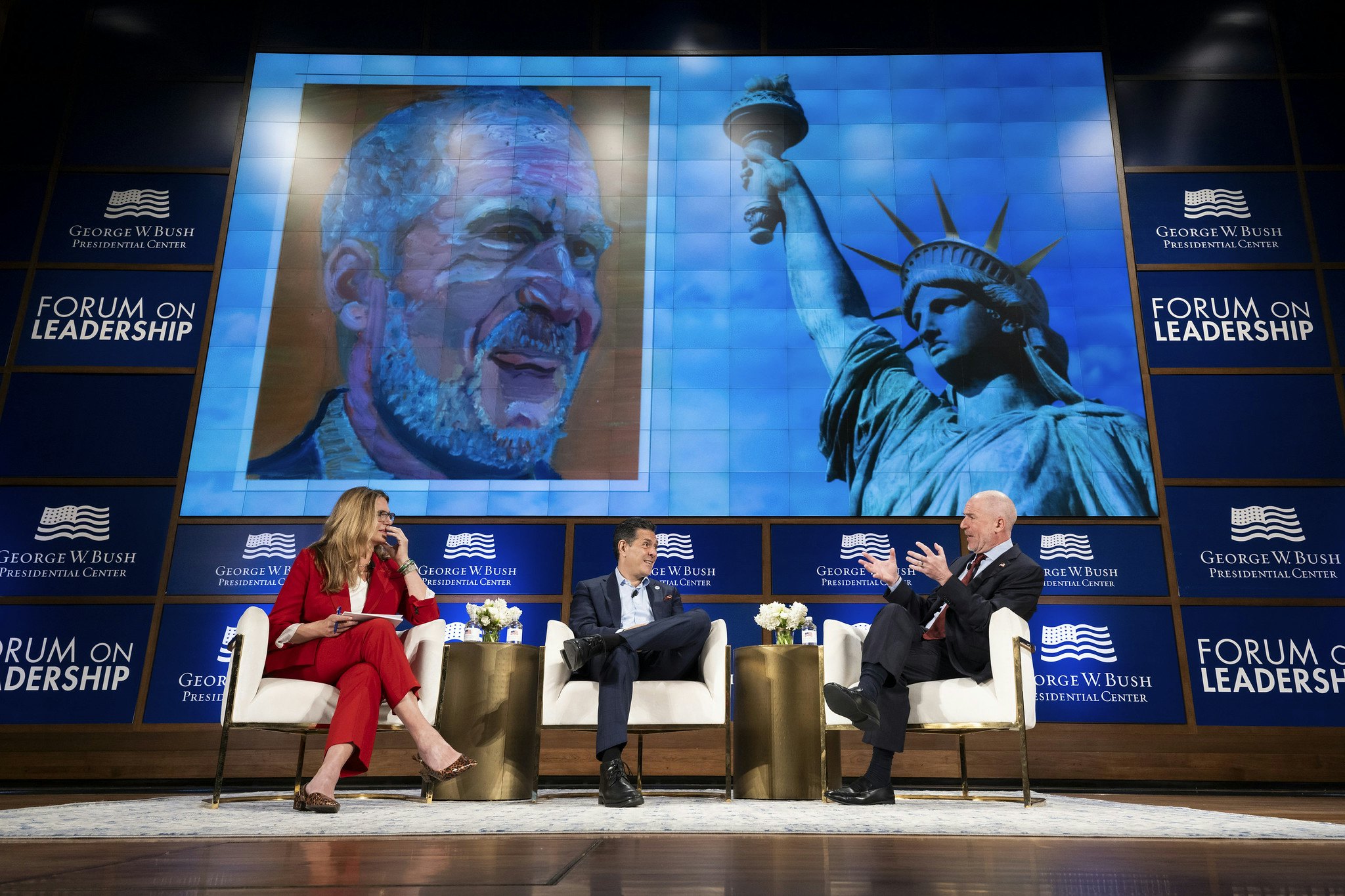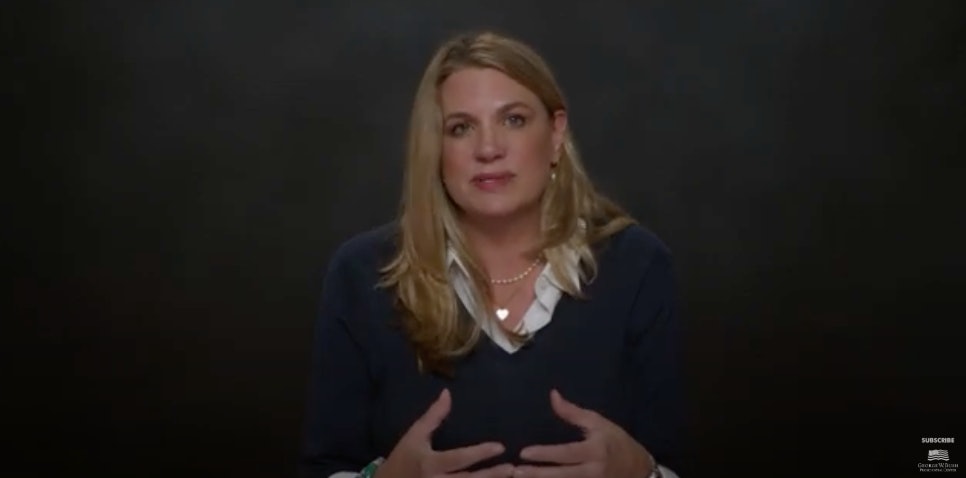The explosive growth in student debt, among other challenges, is causing millennials to under-save, which presents an emerging threat to America’s long-term growth and prosperity.
The explosive growth in student debt, among other challenges, is causing millennials to under-save, which presents an emerging threat to America’s long-term growth and prosperity. A report from Politico and Prudential notes that millennials are further behind in accumulating savings than preceding generations were at the same age. And recent data point to the same problem: the median net worth of adults 35 and younger is $10,400, down from more than $25,000 in 1995. By comparison, a common rule of thumb is people should have savings of twice their annual salary by age 35.
This downtrend is a disturbing component of larger shifts in American society. The percentage of millennials who can afford to own their home has been declining for more than a decade. Meanwhile, the share of millennials who own public stock or interest in private businesses is also decreasing, along with the share of African-Americans, Hispanics, and relatively low-income Americans of all backgrounds who own financial assets. And, more than 40 percent of millennials have no savings at all, far above the share of young adults a generation ago who owned nothing.
Growing student debt is a millstone weighing down millions of young adults. Millennials burdened by student debt on average owe more than $17,000 up from $5,000 in 1990. Student debt now tops $1.4 trillion, causing young people to defer the “American dream”— marriage, children, home ownership, and the rest.
The delay in accumulating financial assets will raise tremendous policy dilemmas, as Politico/Prudential discuss in their report. When millennials start retiring 30 years from now, many of them will confront potentially long post-retirement lives with inadequate savings, in addition to less generous employer-paid pensions and a teetering Social Security system.
But the repercussions of the problem will spill over to the broader economy long before then. Savings provide a “buffer stock” that people can draw on during career setbacks – an especially important asset now that household income streams are more volatile than they’ve been in decades. Low financial asset holdings prevent people from launching businesses, which will stall innovation and constrain the economy. They also result in under-investment by households in children, which implies slower growth in human capital and a less robust future for all Americans.
So what can be done? The Politico/Prudential report suggests addressing the looming retirement crisis in part through the Social Security system. While the system needs significant reform, it’s hard to believe that any likely reform could simultaneously put the system on a financially sustainable path for the long term and deliver a more generous benefit formula all the way out to the end of the last millennials’ lives. The thought leaders cited by Politico/Prudential also recommend making private-sector retirement savings products simpler and more portable from one job to the next, certainly a very good proposal.
The scale of the challenge calls for more:
- Scale back the often excessive, ill-thought-through regulation of the retail investment product industry, which purports to protect small investors but often makes it economically prohibitive for financial service firms to serve low-net-worth clients. The aim should be investment vehicles that are simple, technology-enabled, and cheap.
- Relax the Dodd-Frank Act to permit the revival of neighborhood community banks, which could offer millennials the first rung on the ladder to financial well-being but have been disappearing as side-casualties of Dodd-Frank.
- Revamp the student lending sector, with roles for both government and the private sector, to promote radically different approaches to financing higher education.
- Encourage educators to invest more effort in financial literacy. Recent research by SMU economists and others shows that under-developed financial literacy has considerable effects on people’s decisions about money like their 401(k).
- Avoid a replay of the last 10 years of ultra-low interest rates, which many economists believe contributed to historically low savings rates among Americans of all ages, but especially millennials who’ve never known a world in which they earned positive inflation-adjusted returns in their bank account.
All this is not to say that the financial challenges facing millennials are their fault. Rather, the policy decisions and market failures of the past have stacked the deck against them. It’s been more than 30 years since policymakers have addressed the U.S. retirement savings system, and our economic future demands that we re-think it.






























